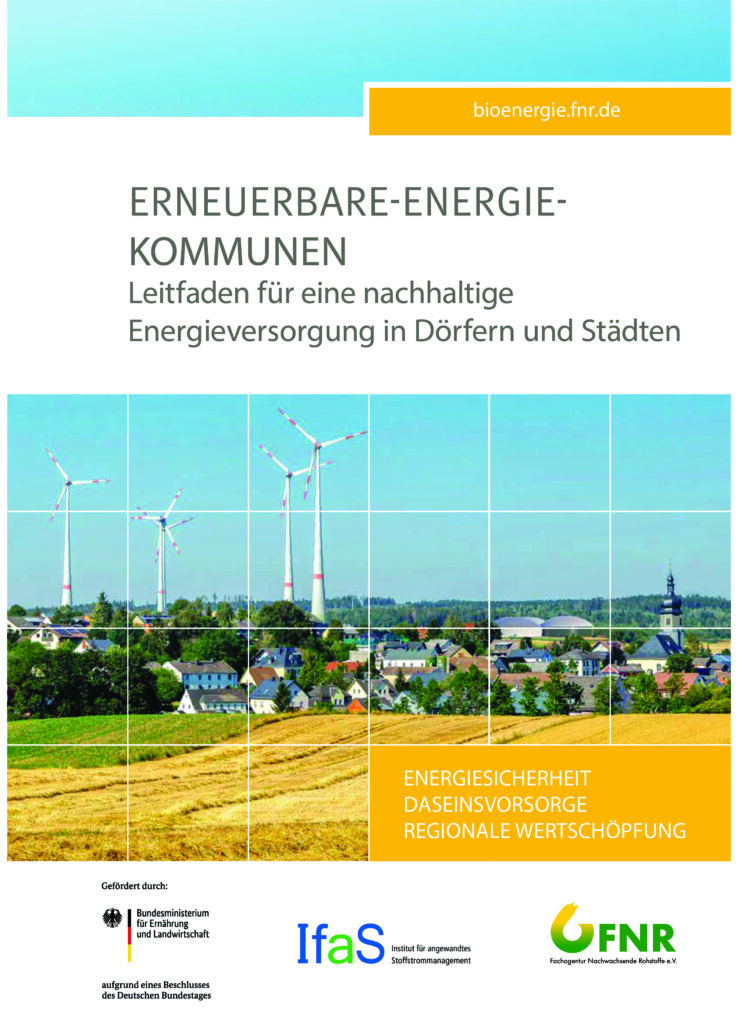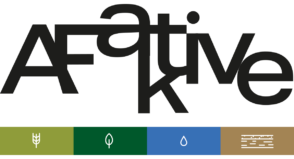Utilising local resources and implementing the energy transition in your municipality: The Agency for Renewable Resources (Fachagentur Nachwachsende Rohstoffe, FNR) has now published the guide ‘Renewable Energy Municipalities – Guidelines for a sustainable energy supply in villages and towns’ on this highly topical subject (only in German). The comprehensive guide was compiled by the Institute for Applied Material Flow Management (IfaS) of the Trier University of Applied Sciences.
The guide is available as a PDF for free download at mediathek.fnr.de and will be presented at an online event on 5 February 2025 as part of the ‘Green heat for villages and towns’ series (only in German).
The main target groups for the guide are people with local political responsibility, such as mayors, members of parliament and advisory boards, employees of energy and climate protection agencies as well as planning offices, managers of energy suppliers and municipal companies. The guide focusses on biomass and all other regionally sustainable renewable resources. It takes into account the relevant technologies for the generation, storage and distribution of renewable energy as well as aspects of landscape utilisation. Much of the content presented is relevant for municipalities and small towns in rural areas, but can also be applied in urban-rural partnerships.
The guide focusses on the conversion of heat supply to renewable resources, but also includes solutions for electricity and mobility. Local authorities interested in a renewable energy supply receive valuable information on aspects such as planning, funding, communication, new technologies, economic efficiency, business models and much more. The opportunities for regional value creation resulting from the local generation of energy are among the aspects dealt with in depth. With regard to the energy utilisation of biomass, the IfaS team is also looking into the question of how social benefits can be integrated into land use, such as improving biodiversity or adapting to climate change. Possibilities for this are demonstrated using practical examples of the utilisation of flowering plants and residues from landscape conservation or the implementation of agroforestry concepts with fast-growing tree species.
Finally, portraits of successfully realised energy municipalities show in concrete terms how a sustainable, value-adding and renewable energy supply can be realised in small and medium-sized towns and cities and how energy security can be improved.
The German Federal Ministry of Food and Agriculture (BMEL) subsidised the production of the guide via the agency Fachagentur Nachwachsende Rohstoffe (FNR).
Event announcement:
Online event ‘Renewable energy municipalities’ with presentation of the guidelines on 5th February 2024 (only in German)
Downloads:
Guide Renewable-Energy-Municipalities
- FNR: Mediathek Erneuerbare-Energie-Kommunen – Leitfaden für eine nachhaltige Energieversorgung in Dörfern und Städten

